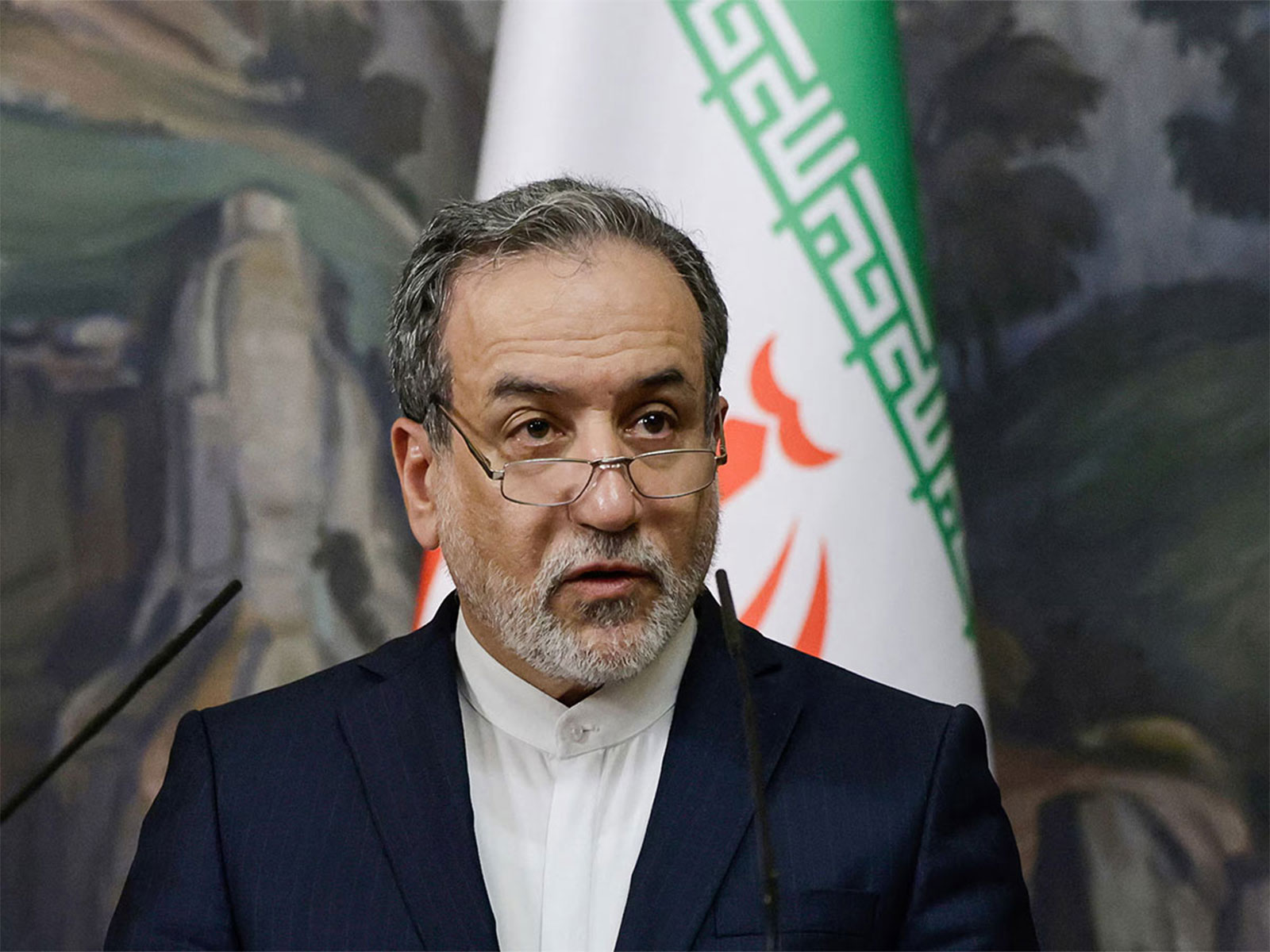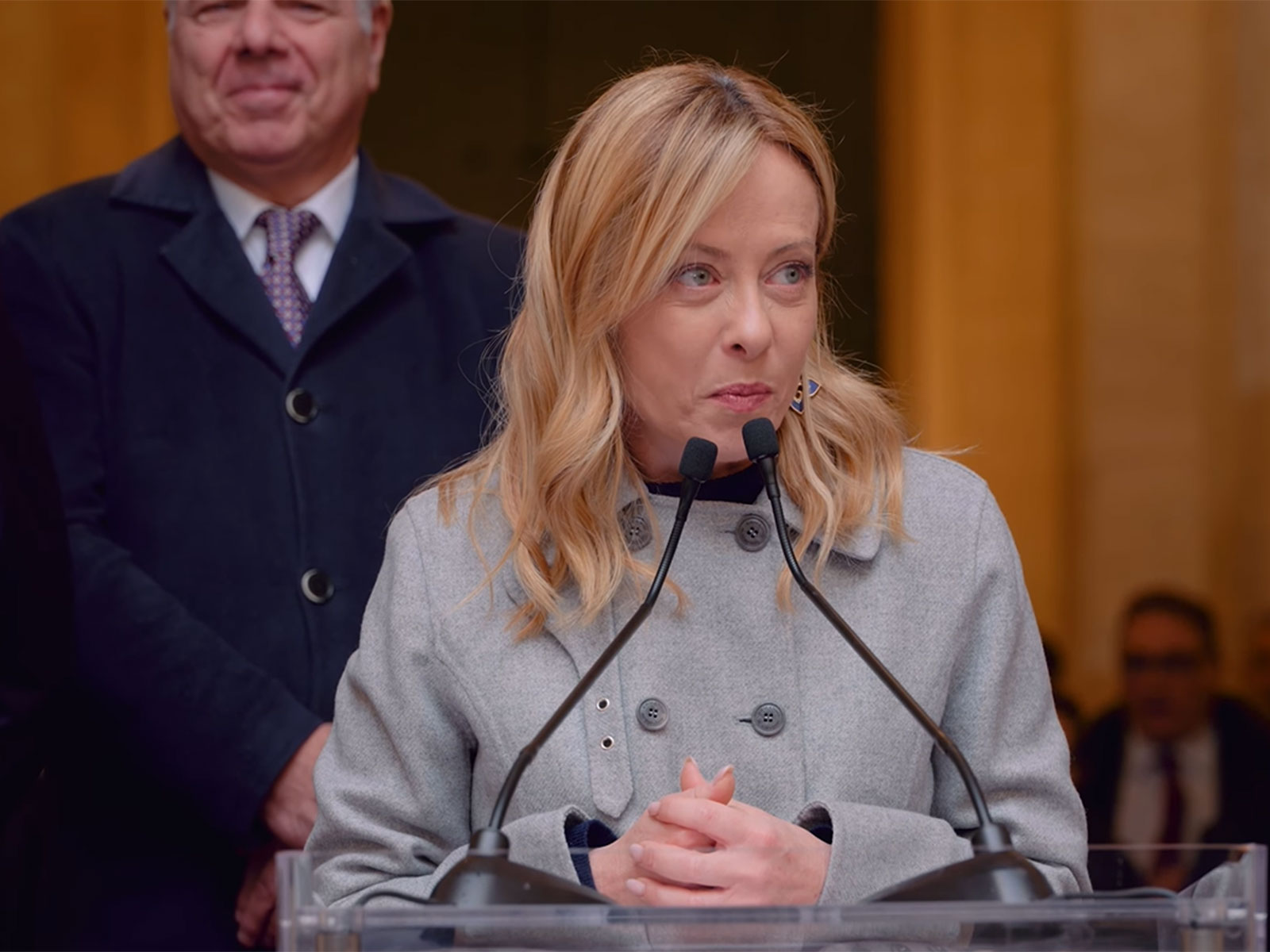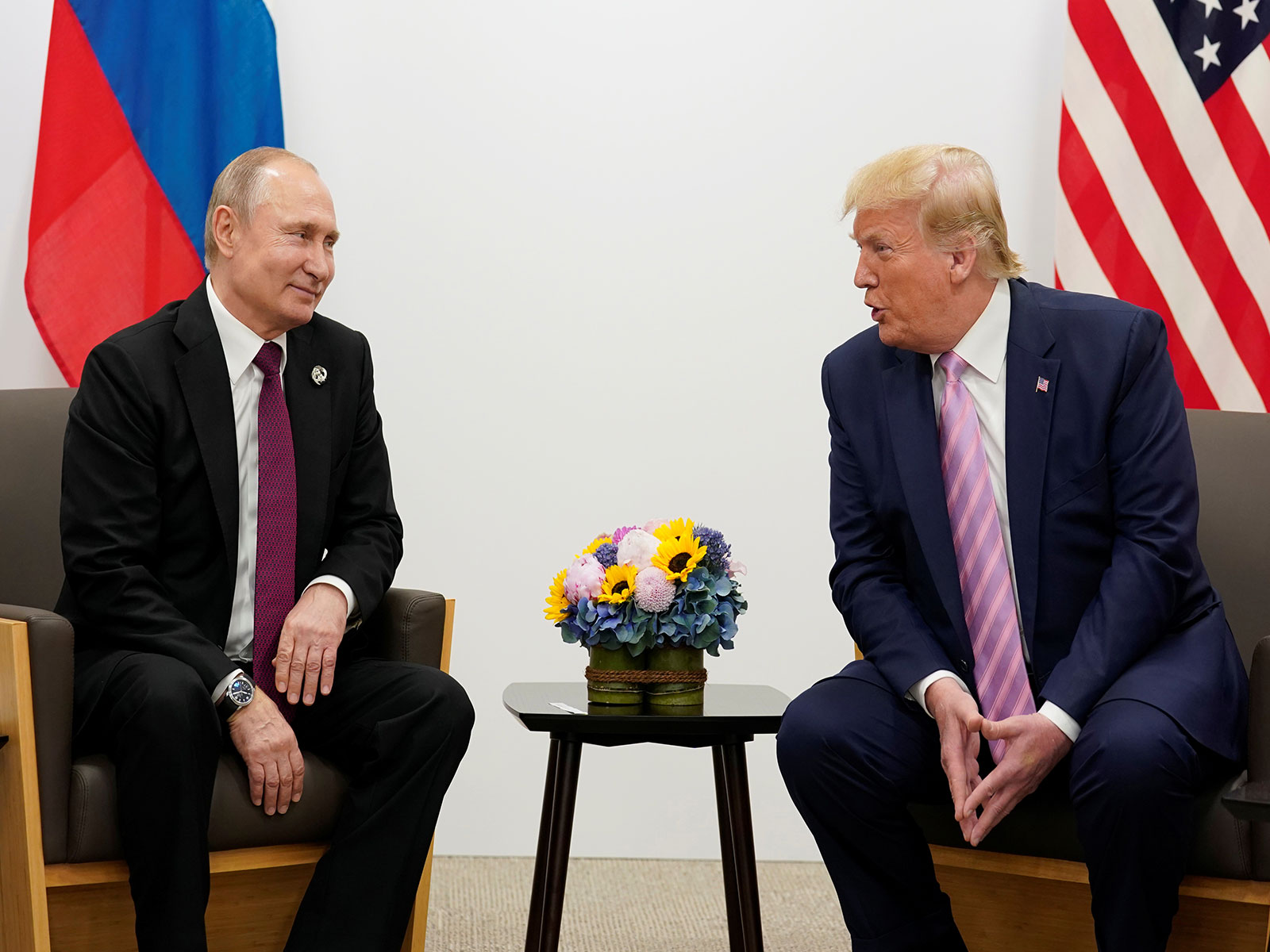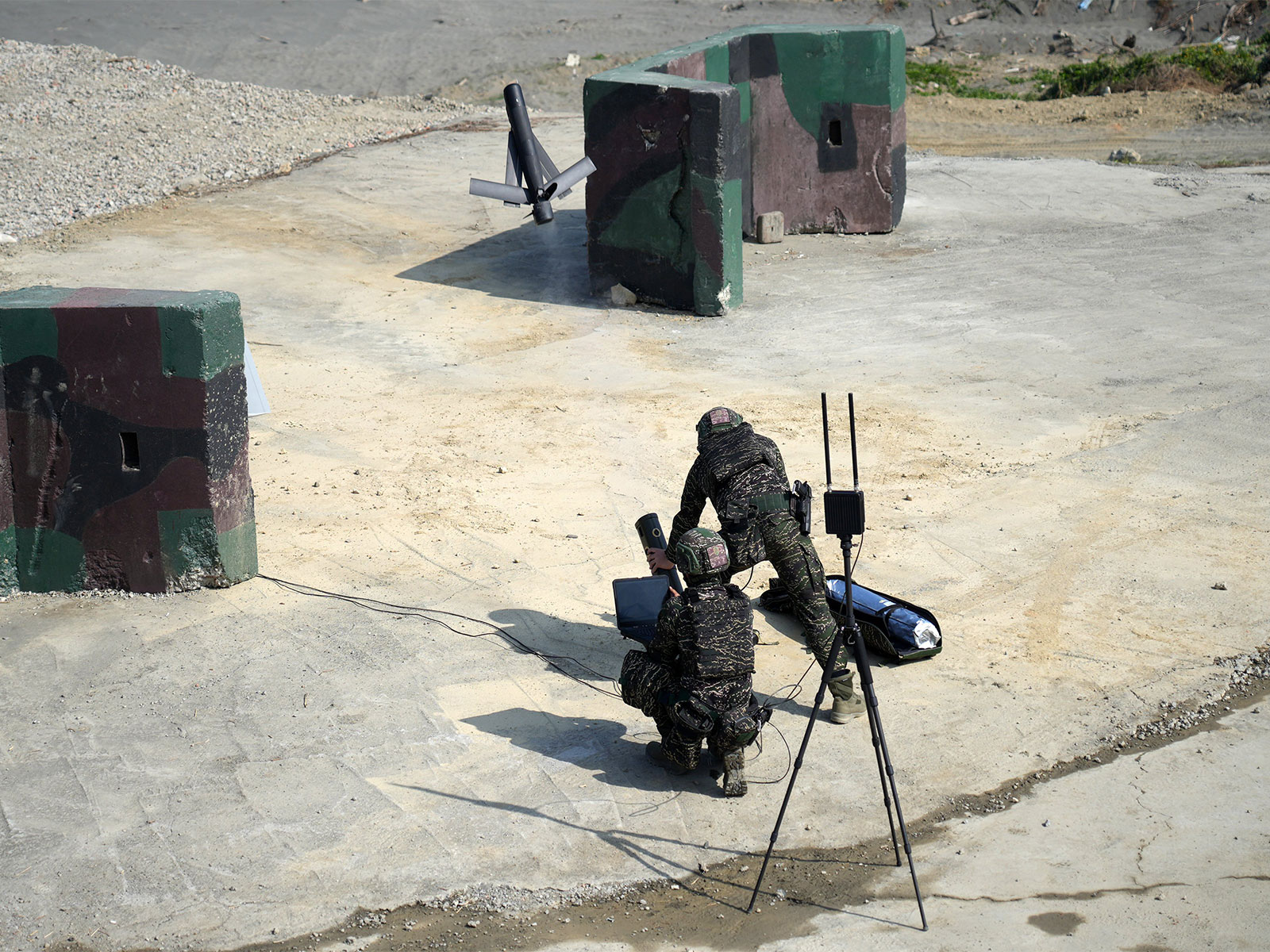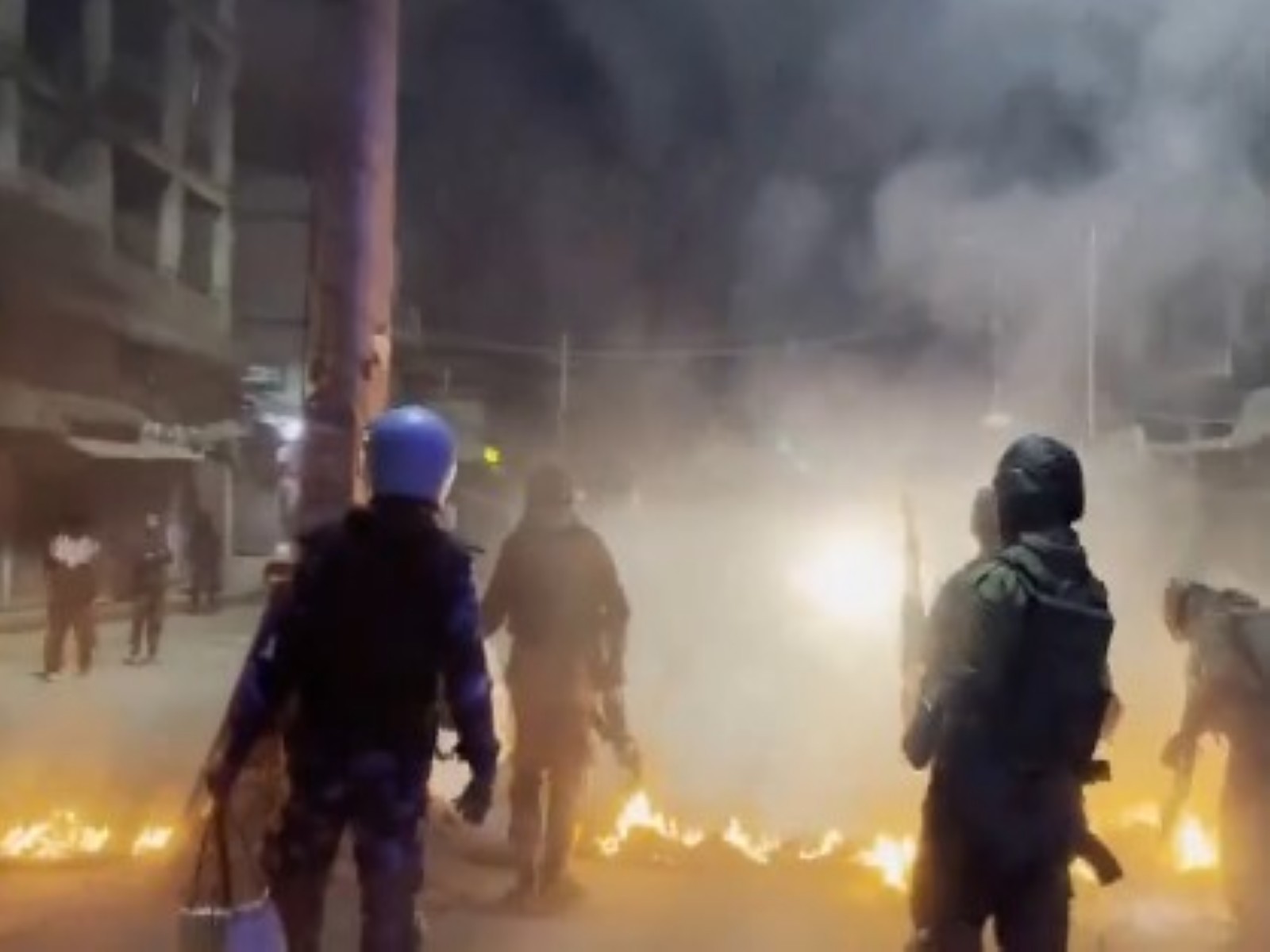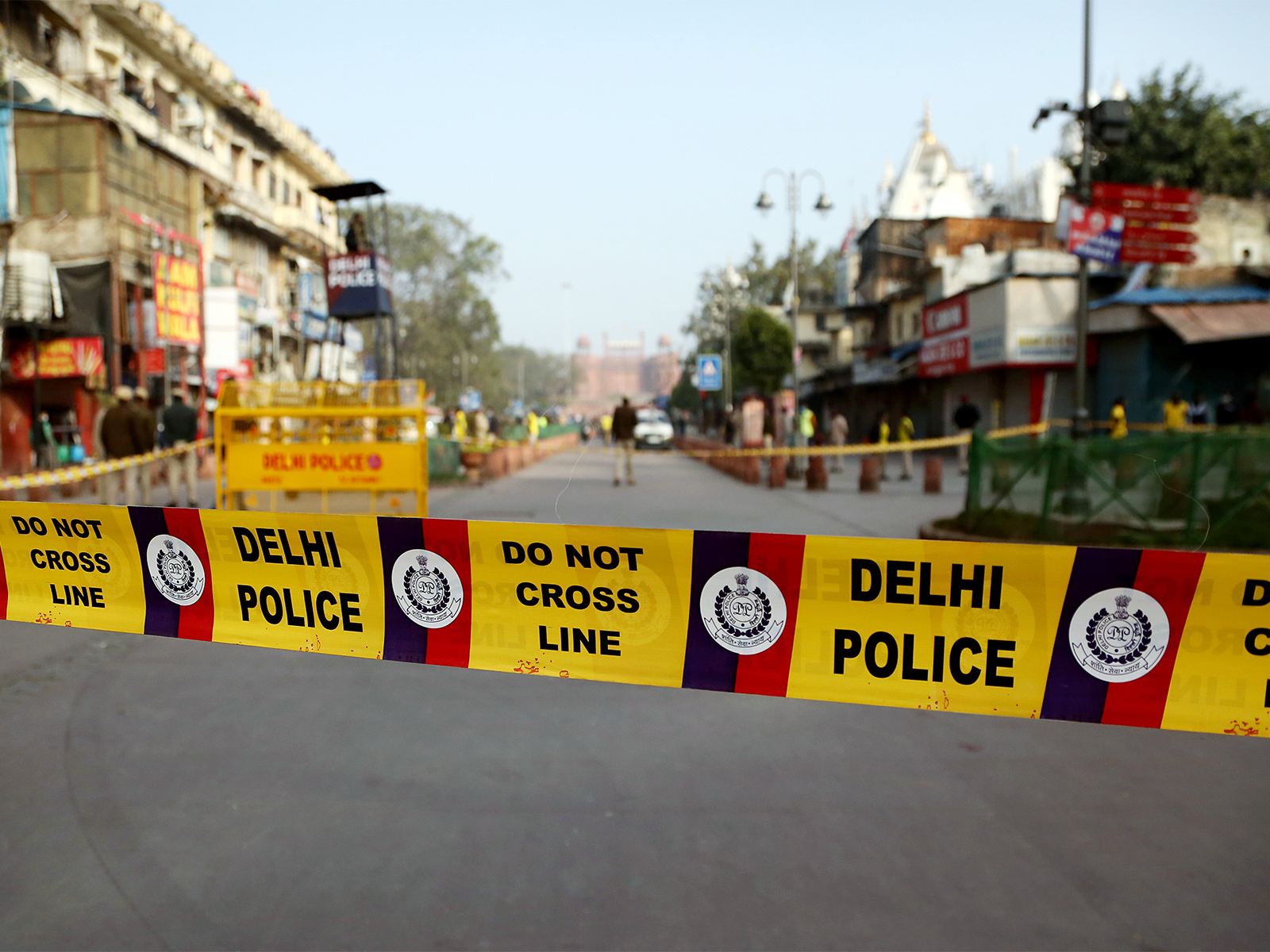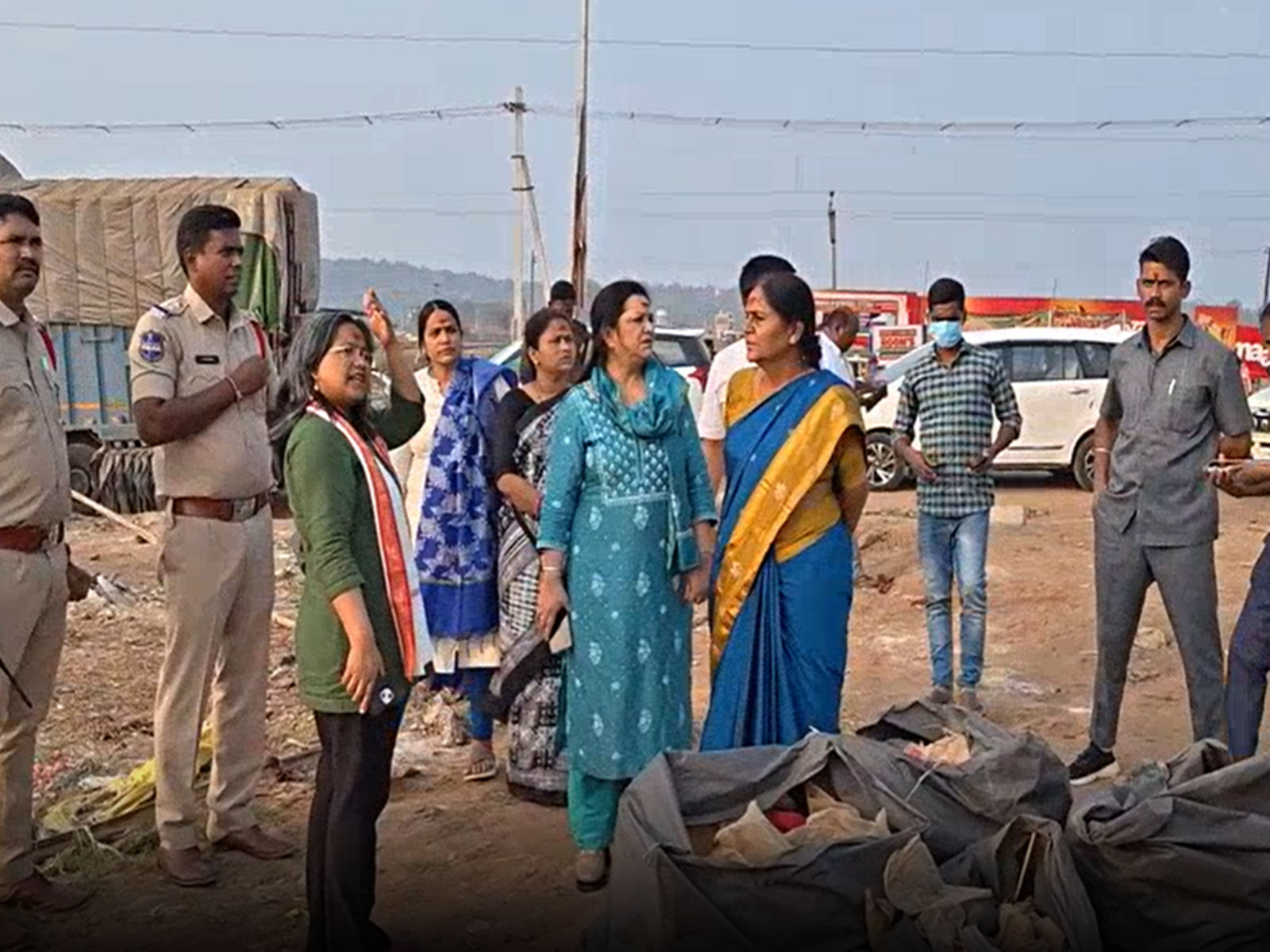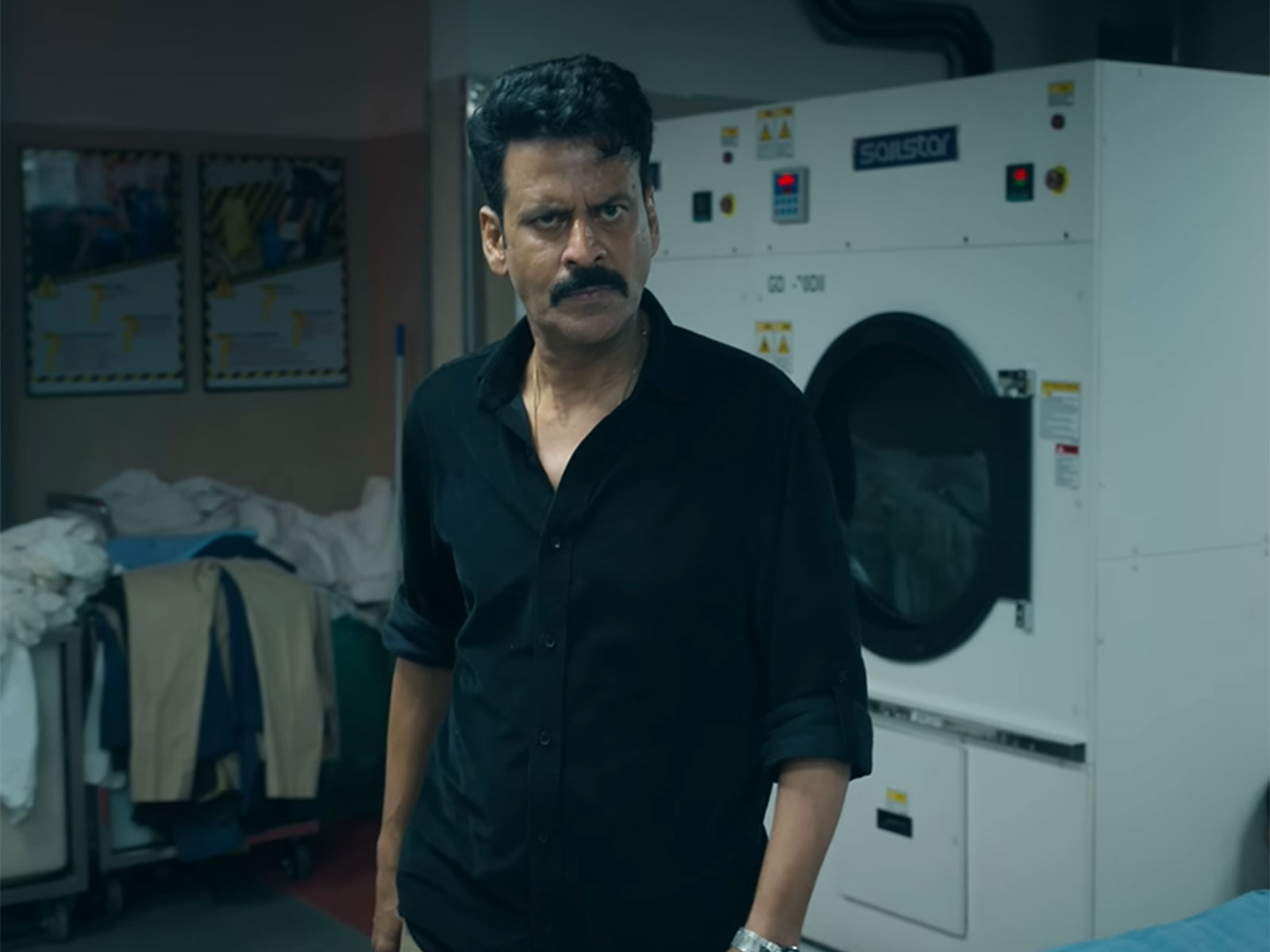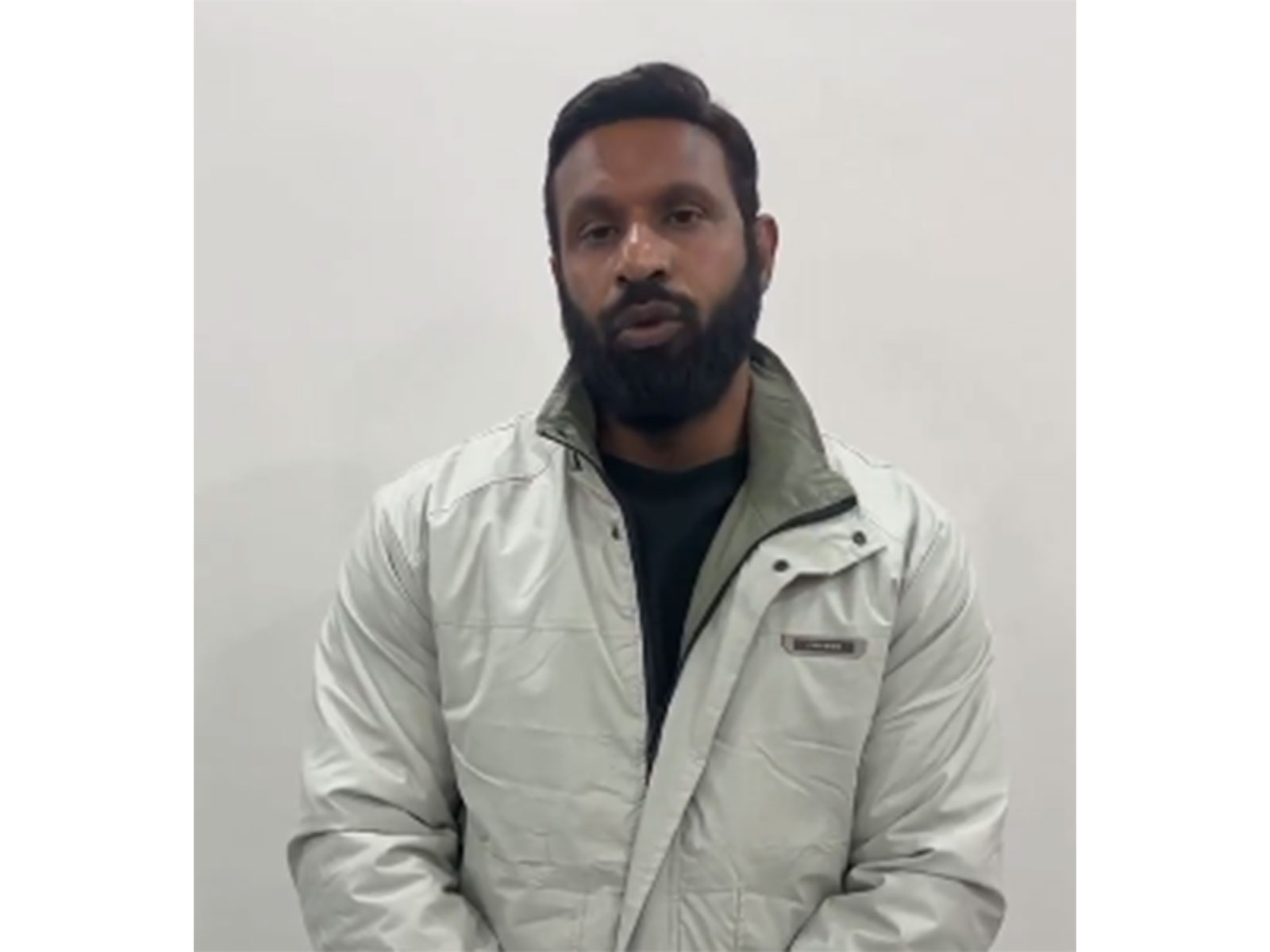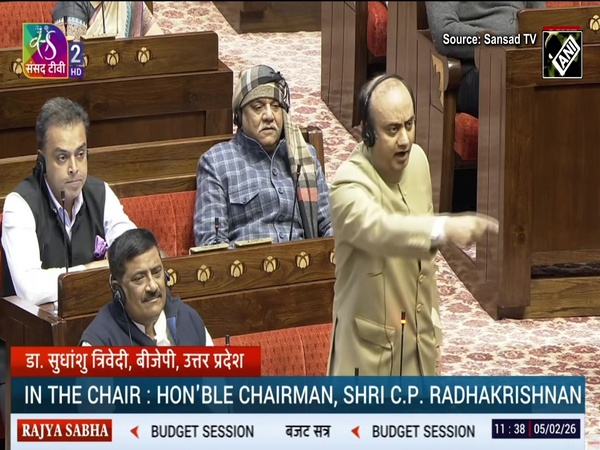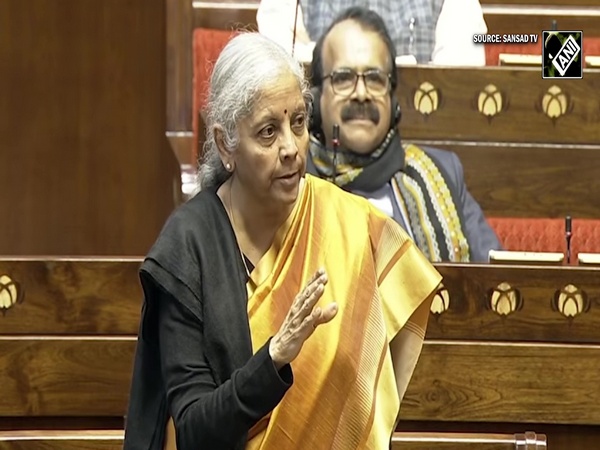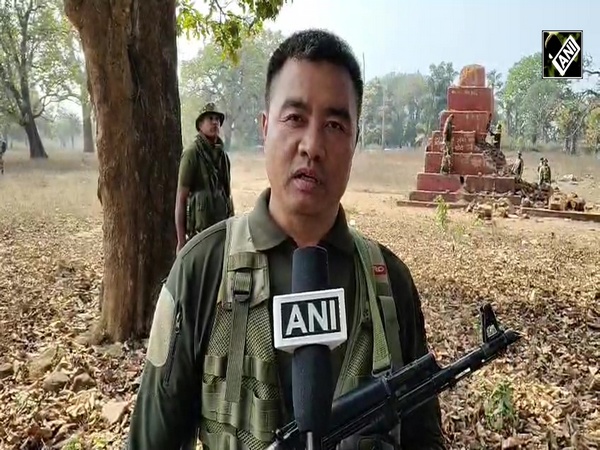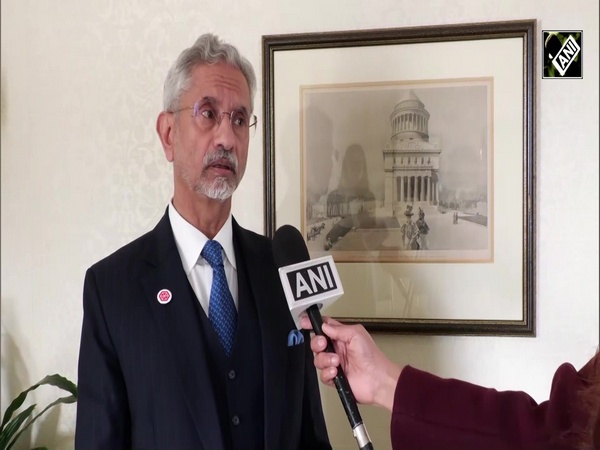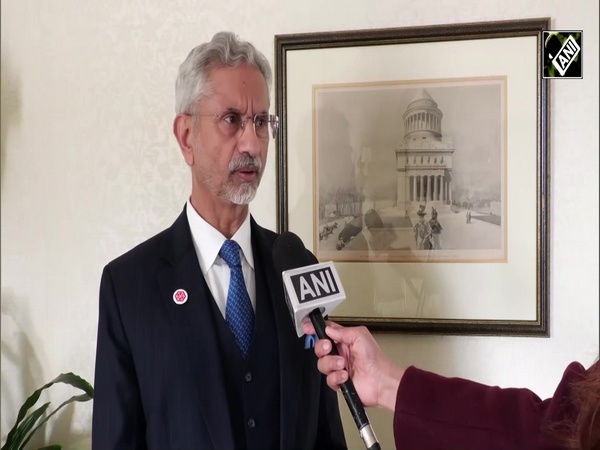South Korea: President Yoon's war against "fake news" raises concerns over free speech
Nov 10, 2023

Seoul [South Korea], November 10 : South Korean President Yoon Suk Yeol is getting criticism over the allegations of clamping down on free speech through cases against news outlets and journalists who are critical of his government, New York Times reported.
The allies of President Yoon Suk Yeol are attacking what they see as an "existential threat" to South Korea, and they are mincing few words.
The head of Yoon's party has called for the death sentence for a case of "high treason." The culture ministry has vowed to root out what it called an "organized and dirty" conspiracy to undermine the country's democracy. In this case, the accused is not a foreign spy, but a Korean news outlet that has published articles critical of Yoon and his government, NYT reported.
The president, who is also a former prosecutor, is turning to lawsuits, state regulators and criminal investigations to clamp down on speech that he calls disinformation, efforts that have largely been aimed at news organizations.
Since Yoon was elected last year, the police and prosecutors have repeatedly raided the homes and newsrooms of journalists whom his office has accused of spreading "fake news."
Some people also accuse Yoon of repurposing the expression as justification for defamation suits and to mobilize prosecutors and regulators to threaten penalties and criminal investigations.
South Koreans are proud of the vibrant democracy and free press they won after decades of military dictatorship, and, more recently, of their country's growing soft-power influence, according to NYT.
Yoon may be best known overseas for aligning his country more closely with the United States -- and for his rendition of "American Pie" at the White House. He espouses "freedom" in speeches, but his 18-month-old presidency has been characterized by a near-constant clash with the opposition and fears of censorship and democratic backsliding.
South Korea became an independent democratic free-state after the June Democratic Struggle in 1987, which led to the formation of the current Sixth Republic.
Yoon may be best known overseas for aligning his country more closely with the United States, but his moderately young, 18-month-old presidency has been characterized by a near-constant clash with the opposition and fears of censorship and democratic backsliding, the New York Times has reported.
Yoon's critics, including the liberal opposition and journalists' associations, accuse him of suppressing speech in the name of fighting disinformation. In a survey this year, a majority of local journalists said they felt press freedom was regressing under Yoon.
"It's dangerous to leave it to the government to decide what fake news is," said Pae Jung Kun, a journalism professor at Sookmyung Women's University in Seoul.
"It undermines the news media's ability to hold the government to account", NYT quoted him as saying.
Notably, the crackdown intensified in September, with Yoon's office singling out an independent news organization for a report it published last year.
South Koreans, distrustful of traditional media, have increasingly migrated to YouTube and other online sources for news. These platforms wielded huge influence during the last presidential election, spreading openly partisan views.
Other news organizations had reported on the controversy before. But Newstapa acquired an audio file of a conversation between one of its freelance researchers and Kim Man-bae, a former journalist and a key figure in the scandal, who claimed that he had introduced Cho to the lawyer, who then used his influence with Yoon to get the case against Cho dropped, New York Times reported.
In another case, after the South Korean broadcaster MBC published what it called a "hot-mic clip" of the president using an expletive to describe American lawmakers last year, he adopted a more hostile stance.
"If we don't stop the spread of fake news...it will threaten free democracy and the market economy built on it," Yoon told reporters.
Two months later, the next time Yoon traveled overseas, he banned MBC reporters from his presidential plane. The organization's "fake news" report, he said, was a "malicious" attempt to create a rift in the alliance with Washington.
According to New York Times, the convictions on defamation charges in South Korea, which are based on whether what was said was "in the public interest" and not on its veracity, can result in fines or up to seven years' imprisonment.
Yoon's office stated that it had to take legal action to prevent disinformation from spreading and being accepted as fact. But the government's definition of fake news has raised questions about how to draw lines between disinformation and free speech.
"The so-called new media outlets are more aggressive in gathering and distributing facts on key issues of the moment than traditional media," said Ahn Soo-chan, a journalism professor at Semyung University.
"And political power becomes more aggressive in trying to control them," NYT quoted him as saying.
